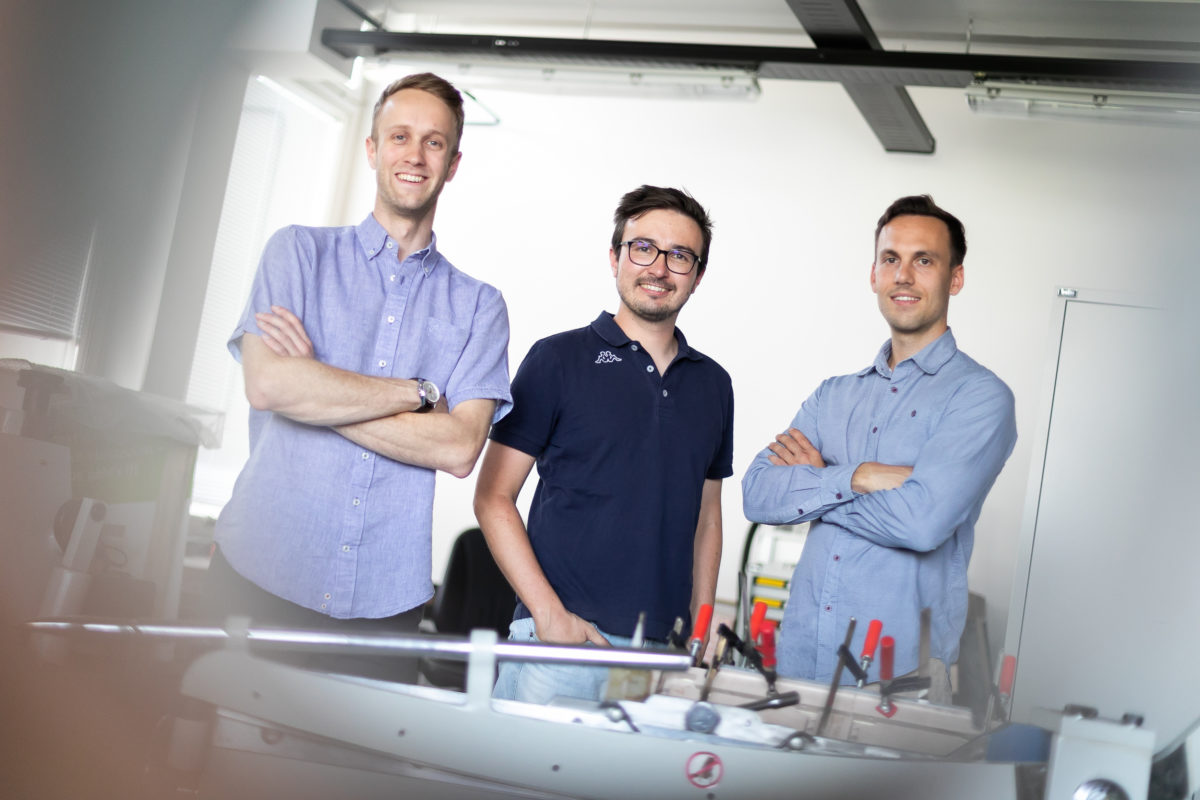One of the major struggles the commercial air transport industry is facing are capacity bottlenecks within the daily aircraft operations resulting into massive delays and therefore huge losses in operational efficiency and extraordinarily high costs relating to passenger compensation rights. Together, the world airline fleet will double in the next 15 years, this means an absolute growth of almost 20,000 aircraft to be operated each day. Therefore, hand in hand with the fleet growth, the demand for fuel and the absolute fuel consumption from the air traffic segment is also dramatically growing. Fuel has to be saved with more efficient operations and optimization wherever possible because it is around 30% of the total operating costs of a commercial flight. With higher overall fuel consumption, also the emissions (CO2, NOx) are growing. Airports are growing also, but much slower. Many of the big airports are already operating at their capacity limits and are not able to handle more flight movements without reciprocal effects on efficiency losses (e.g. LHR, ATL, LAX, ORD).
Aeroficial with the in-house developed Performance Cockpit will predict upcoming traffic situations, delays and related operational processes at and around the airport. With this ability, the situational awareness of the operations department and the operational efficiency can be increased dramatically. Furthermore, it can be ensured, that the flight planning is getting more robust and operational risks can get mitigated effectively. One real use case for the analytics of Aeroficial Intelligence is helping airlines to prevent unnecessary taxi time and stops on the taxiway.
One major factor which affects the taxi out time is the correct time of pushback and the engine run up. This often leads to queues before the holding point prior entering the runway. The waiting times lead to excessive and unnecessary fuel burn. In this use case we take a look at the possible savings by the example of an Airbus A320 aircraft, which is basically a standard sized short- to mid-range aircraft. We take a fictional airline with a fleet size of 40 aircraft, type A320, into consideration.
By analyzing ground traffic on major airports, a potential taxi time saving of one minute by aircraft causing to prevent 4 stops over one day is feasible. In total this lead to a taxi time saving of 40 minutes. As a result of this potential daily savings, the airline could save over a year up to 350k€ with this improvement.
